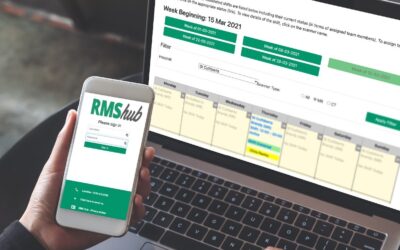
The new Faster Diagnosis Standard, to be introduced in April 2020, will put additional pressure on imaging departments to meet cancer diagnosis deadlines.
The Faster Diagnosis Standard sets out to ensure that all patients who are referred for the investigation of suspected cancer find out within 28 days if they do or do not have a cancer diagnosis.
NHS England states that this new standard should help to reduce anxiety for patients who will be diagnosed with cancer or receive an ‘all clear’ but do not currently hear this information in a timely manner. The new standard will be applied across England from April 2020, reducing current unwarranted variation in the time it takes for patients to receive a diagnosis or an all-clear.
RMS Clinical Director William Bailey commented “The Faster Diagnosis Standard is a welcome update to the current cancer guidelines. The sooner a patient can be scanned and diagnosed, or given the all clear, means a better success rate for treatment and peace of mind. We help many NHS Trusts adhere to the current cancer guidelines and reduce waiting times for scans through opening up an existing radiology department out of hours and at weekends with our highly qualified radiographers.”
The faster diagnosis standard will apply to patients who are referred urgently by their GP (two week wait), referred with breast cancer symptoms and patients referred urgently from cancer screening programmes.
Cancer Research states that early diagnosis in bowel cancer patients means that 9 out of 10 patients will survive the disease for more than 5 years. And more than 90% of women diagnosed with breast cancer at the earliest stage survive the disease for at least 5 years.
The diagnostic imaging department is often where backlogs can occur, with most patients waiting to receive a CT, MR or PET scan as part of their diagnosis. RMS work with many hospitals to help reduce radiology waiting lists through opening up radiology departments with their own staff out of hours and at weekends, using existing NHS equipment to maximise a Trust’s investment in diagnostic equipment. In the last year RMS helped an additional 64,000 patients receive CT and MRI scans.
RMS has a number of Framework agreements in place for the quick provision of radiology services. This means that NHS Trusts, and other public bodies, can often implement an outsourced scanning solution, irrespective of internal NHS staffing issues.






